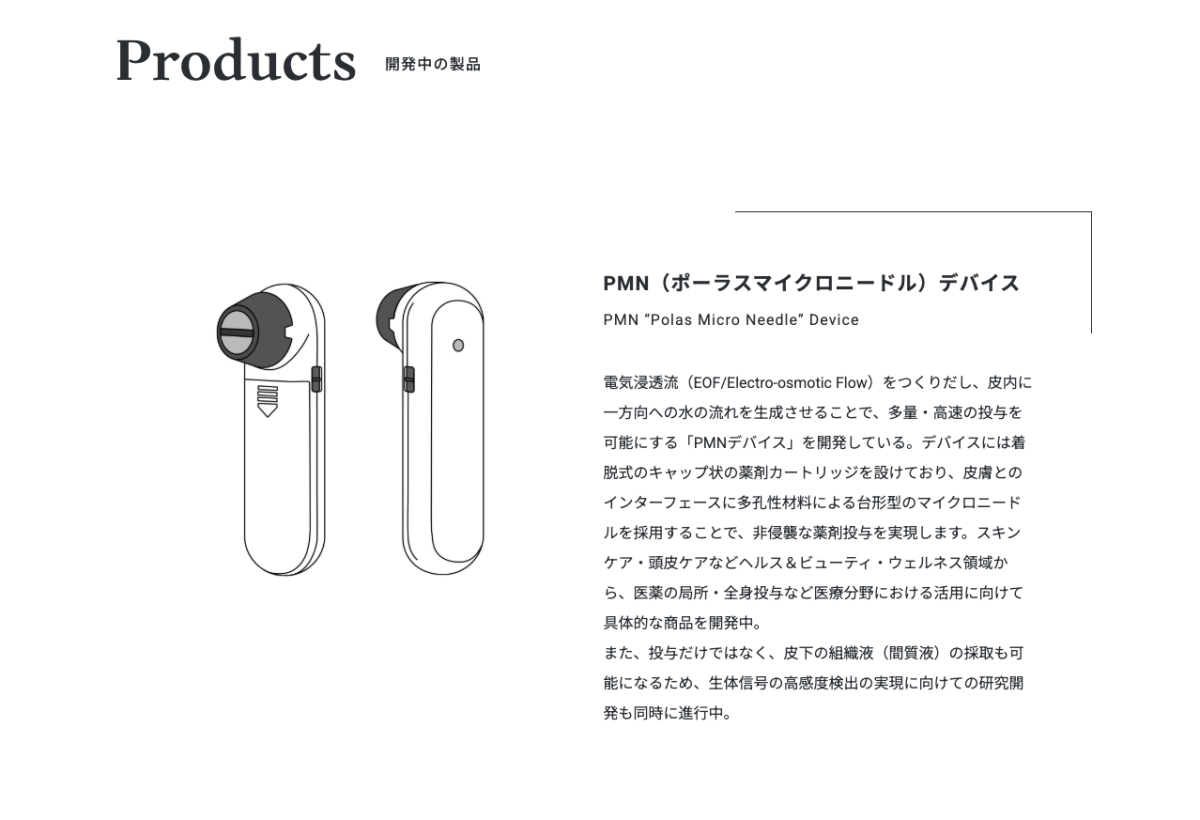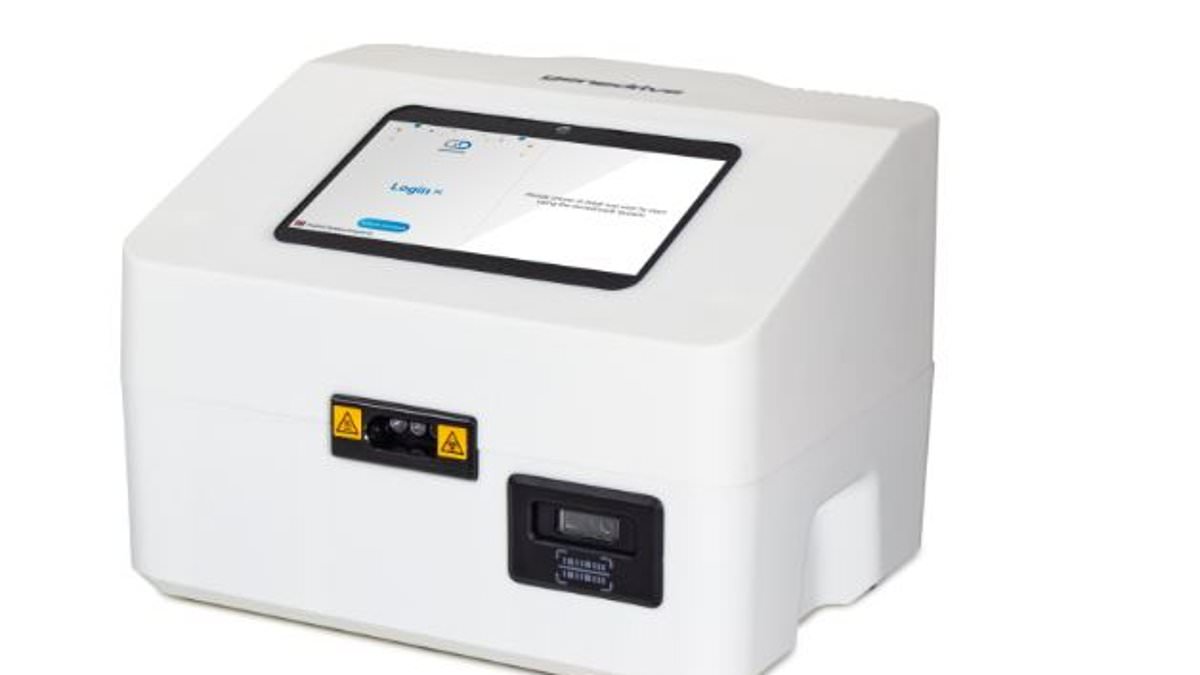By Image Credit,The Bridge
Copyright thebridge

On the 25th, Tohoku University-based biotech startup bionto announced that it has secured ¥60 million in seed funding through the issuance of J-KISS type stock options to PARTNERS FUND and a startup loan from the Japan Finance Corporation and The 77 Bank. The latest round’s sole investor is PARTNERS FUND. The funds will be allocated towards the commercialization of home healthcare devices, recruitment, and business development (alliance building).
bionto is developing a drug delivery system (DDS) that enables non-invasive drug administration through the skin by applying bio-iontronics. The core “High-Speed Penetration Needle (PMN) Device” is designed to generate a unidirectional water flow into the skin using micro porous microneedles and electroosmotic flow (EOF), allowing for large-volume, rapid administration. It also supports the collection of interstitial fluid, potentially leading to high-sensitivity detection of biological signals.
The official website showcases multiple pipelines in addition to PMN, including the “BIPP® Bio-Power Generation Skin Patch” that generates electricity by simply adding water (aiming for iontophoresis-like penetration enhancement with safe weak currents), an electroosmotic flow mouthpiece (aiming to suppress plaque formation through bio-battery generation and EOF in the oral cavity), and hydrogel cuff electrodes (made of flexible organic materials that do not interfere with MRI, used for vagus nerve stimulation in animal experiments). The company envisions expansion in the “home health” domain, targeting applications from medical (local/systemic administration) to wellness (skin/scalp care) and oral care.
The foundational research in bio-iontronics originated from the work of Professor Matsuhiko Nishizawa at the Graduate School of Engineering, Tohoku University. It aims to create highly biocompatible devices by controlling multi-modal information and energy conversion such as electron⇔ion⇔flow⇔molecule. bionto is positioned as a “model case of industry-academia collaboration”, with Professor Nishizawa participating as Chief Scientific Officer (CSO) and utilizing the EIR (Entrepreneur in Residence) system to establish the company.
The company aims to advance alliances with medical device manufacturers, pharmaceutical companies, and healthcare companies to achieve the social implementation of at-home devices that contribute to the popularization of self-care and self-medication.
via PR TIMES



